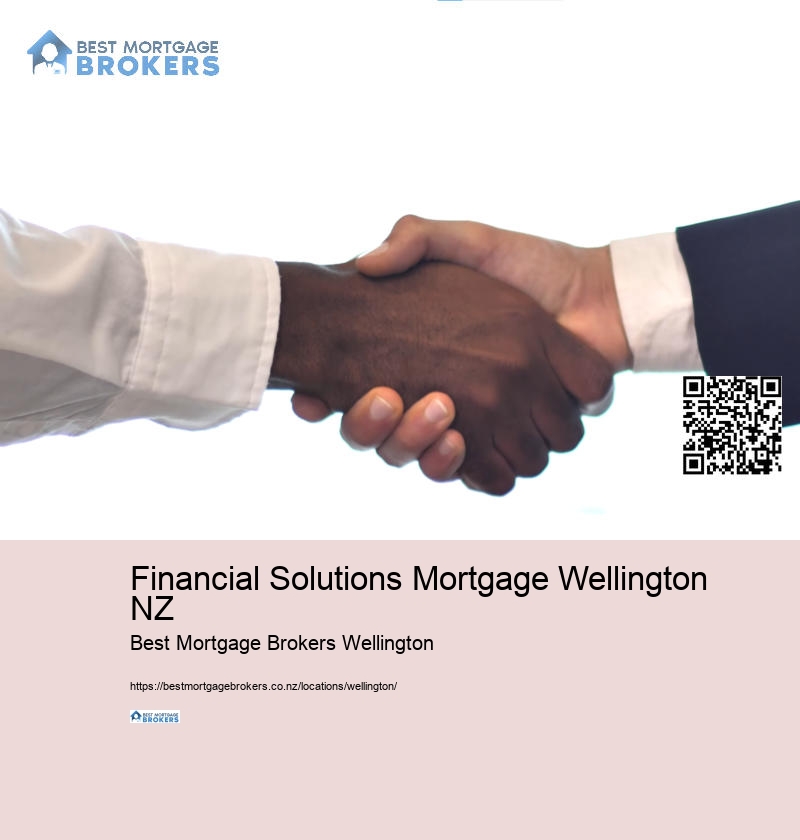Financial Solutions Mortgage Wellington NZ
property financing
Furthermore, refinancing can also be a strategic tool for consolidating debt. By tapping into your home equity through a cash-out refinance, you can pay off high-interest debts, such as credit cards or personal loans, and streamline your monthly payments into a single, more manageable installment.
Financial Solutions Mortgage Wellington NZ - property financing
- home loans
- first home buyer
- home loan
- debt consolidation
- property investment
- financial consulting
- mortgage specialist
Maximizing home equity can be a strategic way to leverage the value of your property for various financial purposes. One effective way to do this is through home equity loans or lines of credit.
Another way to maximize home equity is by making extra payments towards your mortgage principal. By reducing the principal amount, you can build equity faster and potentially shorten the term of your loan.
Improving the overall condition and appeal of your home can lead to a higher appraised value, increasing your equity in the process. Furthermore, keeping an eye on market trends and property values in your area can help you capitalize on opportunities to increase your home equity.
Affordable Home Loans Wellington




